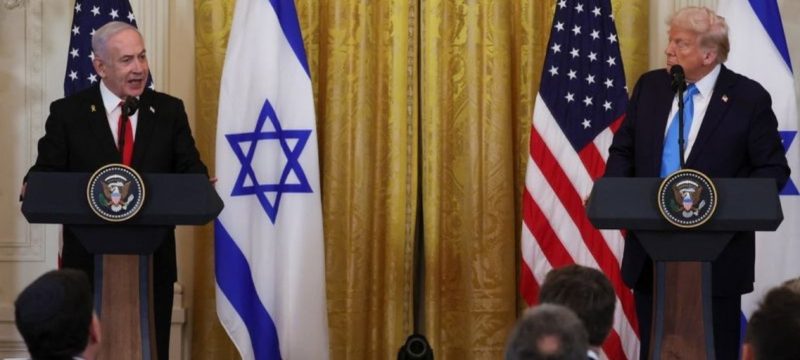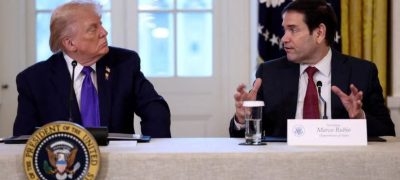Less than four months ago, President Donald Trump welcomed Qatar’s leader with praise and signed a major defense deal. The Gulf monarchy is a close U.S. partner and hosts the largest American base in the Middle East.
That partnership is now under pressure after Israel launched a surprise strike in Doha on Tuesday. The attack, ordered by Prime Minister Benjamin Netanyahu, targeted Hamas leaders based in Qatar. The strikes killed six people, including a Qatari security officer, but the Hamas negotiators survived.
The incident has sparked anger in Doha and frustration in Washington. Trump said he was “very unhappy about every aspect” of the operation. Qatar, which has acted as a mediator in the Gaza conflict, condemned the bombing, and several Western allies echoed its criticism.
Still, analysts believe the event will not shift Trump’s wider policy toward Israel. The United States has long supported Israeli efforts to weaken Hamas and confront Iran. Experts suggest the Qatar strike highlights the cold, calculated nature of the Trump-Netanyahu alliance.
One major concern for U.S. officials is that Israel did not warn Washington before the strike. The lack of coordination recalls a 2024 Israeli attack on Hezbollah in Lebanon, when booby-trapped devices wounded thousands without prior notice to the U.S. administration.
Trump has occasionally clashed with Netanyahu over tactics but shares Israel’s core view on Hamas. “Trump is annoyed by Netanyahu’s methods,” said Aaron David Miller, a senior fellow at the Carnegie Endowment for International Peace. “But his instinct is that Hamas must be fundamentally weakened, not just militarily contained.”
The episode has raised questions about the limits of cooperation between Washington and Jerusalem. For now, both leaders appear to remain committed to their strategic partnership despite the tensions.







